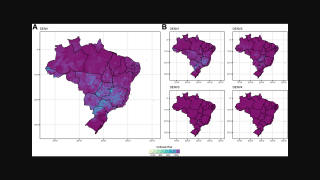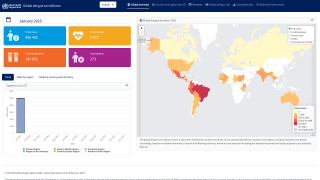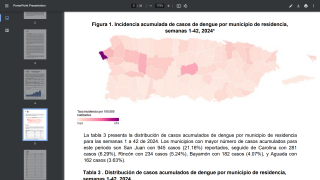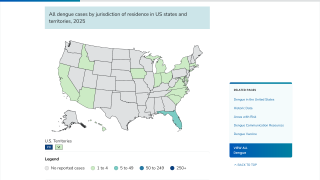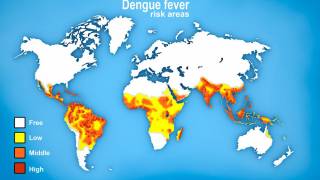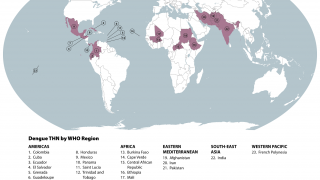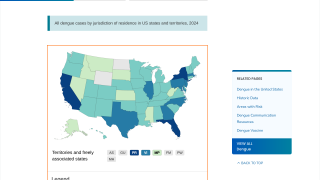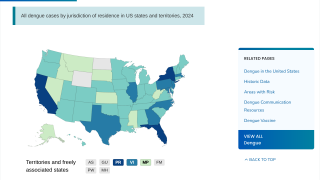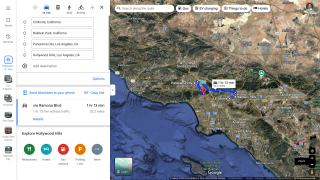Dengue Fever Cases Significantly Expand in Thailand

The Thailand Bureau of Epidemiology has reported a total of 23,824 cases of Dengue Fever virus through July 30, 2018.
This is unfortunate news when compared to the 19,804 dengue cases reported in mid-June.
This data represents a 20 percent increase over 6 weeks.
Dengue viral infections are caused by a number of viruses. These viruses are spread by the bite of the "Aedes aegypti" mosquitoes and transmitted to the human body.
Dengue fever is not contagious, which means one person cannot pass it directly to another.
Worldwide, millions of people are infected with mosquito-borne dengue each year, with the most severe cases resulting in Hemorrhagic Fever/Dengue Shock Syndrome, which can cause blood vessels to leak and organs to fail.
According to the Thailand Ministry of Public Health in Disease Surveillance System (Report 506), these dengue cases are from all 77 provinces, with a concentration in Nakornpathom, Phuket, Phichit, Tak, and Krabi.
Previously, on July 11th, the Thailand Ministry of Public Health announced the launching of various dengue prevention tactics.
But, broadly administering the Dengvaxia vaccine is not included.
Dengvaxia is the world's first licensed vaccine against dengue and was initially approved in 19 countries.
Thailand and other countries are now investigating the efficacy of Dengvaxia.
This is because, during April 2018, the World Health Organisation (WHO) Strategic Advisory Group of Experts (SAGE) on Immunization said the Dengvaxia vaccine should be managed much more carefully.
SAGE said that it would be unsafe to give the Sanofi vaccine to people who had not previously been infected with dengue.
This WHO suggestion requires people to be tested through an assay system that is not currently available but should be developed in the next years.
Why did Dengvaxia become so dangerous after several clinical trials?
A 2018 study, published in the journal Science, found there are 4 species of dengue virus, and infection with 1 of the species does not provide protection from another.
The antibodies from the first infection may cause the second infection to be more serious.
Which means, the antibodies actually backfire, causing harm to the patient.
There are 2 other dengue vaccine candidates are in Phase I development:
And, one Phase 3 candidate:
In March 2018, the US Centers for Disease Control and Prevention updated its recommended vaccinations prior to traveling to Thailand.
These travel vaccines are available at certified pharmacies in the USA.
** Schedule your travel vaccine appointment here **
The CDC Vaccine Price List provides the private sector vaccine prices for general information, and vaccine discounts can be found here.
Vaccines, like any medicine, can have side effects. You are encouraged to report negative side effects of vaccines to the FDA or CDC.
As of August 2, 2018, the CDC has not issued a dengue-related Travel Alert for Thailand.
Additionally, in late July 2018, Cuba joined Mexico and Indonesia confirming dengue outbreaks.
Our Trust Standards: Medical Advisory Committee







